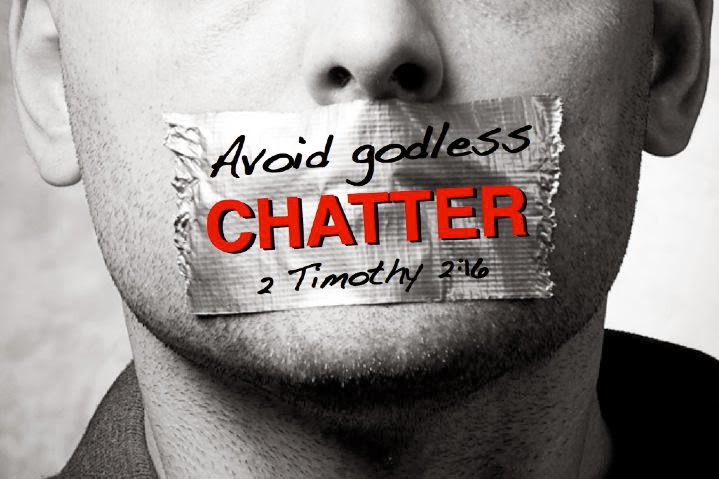Well-Intentioned Dragons
"To those scorched by dragons but not reduced to ashes nor hardened beyond feeling, who in the face of beastliness maintain their humanity and divine calling, this book is dedicated." These are the men and women that Marshall Shelley, executive editor of Leadership Journal wrote this book for. In the introduction the author states, "This is a book about ministering while under attack. It was prepared after interviews with dozens of pastors who candidly described the difficult people they have faced" (page 13).
I read Well-Intentioned Dragons awhile back and it was a sobering reminder to me that sometimes God's sheep can become Rogue Sheep, and take on the form of "well-intentioned dragons." I have been in pastoral ministry for over 10 years now, and I have come across each of the dragons mentioned within the pages of this book, and have the lasting scars from within to prove it.
In chapter two of this book, Identifying a Dragon, the author gives a list of the following character traits of dragons, which are "destructive actions":
1. The Bird Dog - Four-legged bird dogs point where the hunter should shoot. The two-legged Bird Dog loves to be the pastor's eyes, ears, and nose, sniffing out items for attention.
2. The Wet Blanket - If you've heard the phrase, "It's no use trying," you've probably spotted the Wet Blanket.
3. The Entrepreneur - Just the opposite of the Wet Blanket, the Entrepreneur is enthusiastic. He's the first to greet visitors at the church and invite them to his home. Unfortunately, in addition to being enthusiastic about the church, he's equally eager to sell them vitamins, bee pollen, or car wax.
4. Captain Bluster - This is the person who comes from the union steward school of diplomacy and speaks with an exclamation point instead of a period.
5. The Fickle Financier - This person uses money to register approval or disapproval of church decisions. Sometimes he protests silently by merely withholding offerings.
6. The Busybody - This person enjoys telling others how to do their jobs.
7. The Sniper - This person avoids face-to-face conflict but picks off pastors with pot shots in private conversation, such as the cryptic, "Be sure and pray for our pastor. He has some problems, you know."
8. The Bookkeeper - This person keeps written record of everything the pastor does that "isn't in the spirit of Christ."
9. The Merchant of Muck - This person breeds dissatisfaction by attracting others who know he's more than willing to listen to, and elaborate on, things that are wrong in the church.
10. The Legalist - This person "list" of absolutes stretches from the kind of car a pastor can drive to the number of verses in a hymn that must be sung.
"These are just a few of the dragons ministers encounter, there are many others too numerous to mention in detail" (page 40).
The author states in chapter eight, When it's time to Confront, "A person is not a dragon because of different ideas but destructive actions." (page 120). In other words the "dragons" described in this book are not believers who think differently than the leaders who are leading them, but about those whose actions are destructive to the church. In order to effectively confront such destructive behavior the author states; "The spirit needed for confronting dragons is not one of fear and withdrawal nor of arrogant power. It is gentleness and firmness - an attitude of smart love" (page 125).
What makes this book so valuable to me, as well as to all who are in the ministry is that it helps us realize we are not alone in our calling. At the same time Well-Intentioned Dragons provides practical steps and purposeful mindsets in how to deal with these dragons so that they can become more like Jesus, we can act more like Jesus, and most importantly Jesus can accomplish His purpose in all of us and be glorified in the process.
Well-Intentioned Dragons is a book that "guides those on church staffs in facing the strenuous task of dealing with difficult people - even ministering while under attack. Based on real-life stories of battle-scarred veterans, Marshall Shelley presents a clear picture of God's love for those on both sides of the problem. He describes tested strategies to communicate that love and turn dissidents into disciples" (quote taken from back cover of the book).
RELATED ARTICLES:



